The plan, which has been met with criticism from lawmakers and education advocates, would transfer the responsibility for these areas of education to other federal agencies, including the Department of Health and Human Services and the Department of the Interior. The offices in question were originally placed at the department by Congress when it created the agency in 1979.
U.S. Education Secretary Linda McMahon has said she wants to "peel back the layers of federal bureaucracy" and has been a vocal advocate for reducing the role of the federal government in education. However, critics argue that the move would undermine the department's ability to effectively oversee and support education programs.
Education advocates have expressed concerns that the plan would lead to a loss of accountability and oversight, particularly in areas such as special education and student loan programs. "This is a recipe for disaster," said Randi Weingarten, president of the American Federation of Teachers. "The Trump administration is trying to dismantle the Department of Education, and that would be a huge mistake."
The plan has also been criticized by lawmakers, who argue that it would circumvent the legislative process and undermine the authority of Congress. "This is a clear attempt to bypass Congress and undermine the will of the American people," said Sen. Patty Murray, D-Wash., ranking member of the Senate Health, Education, Labor and Pensions Committee.
The Trump administration has defended the plan, saying that it would allow for greater efficiency and flexibility in the delivery of education services. However, critics argue that the move would lead to a loss of expertise and resources, and would ultimately harm students and families.
The plan is the latest in a series of efforts by the Trump administration to dismantle the Department of Education. In 2017, the administration proposed a budget that would have eliminated the department's budget and transferred its responsibilities to other agencies. The proposal was met with widespread criticism and was ultimately rejected by Congress.
The current status of the plan is unclear, but it is likely to face significant opposition from lawmakers and education advocates. The plan would require approval from Congress, and it is unclear whether the administration has the votes to pass it. In the meantime, education advocates are urging lawmakers to reject the plan and protect the Department of Education's authority to oversee and support education programs.
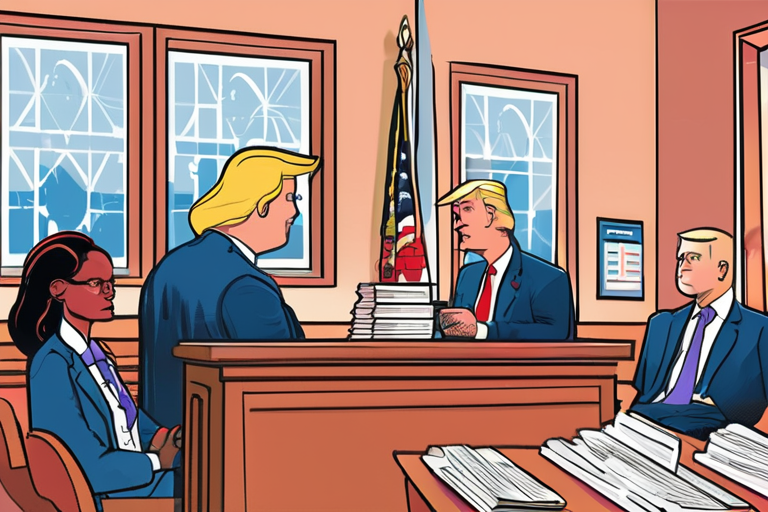


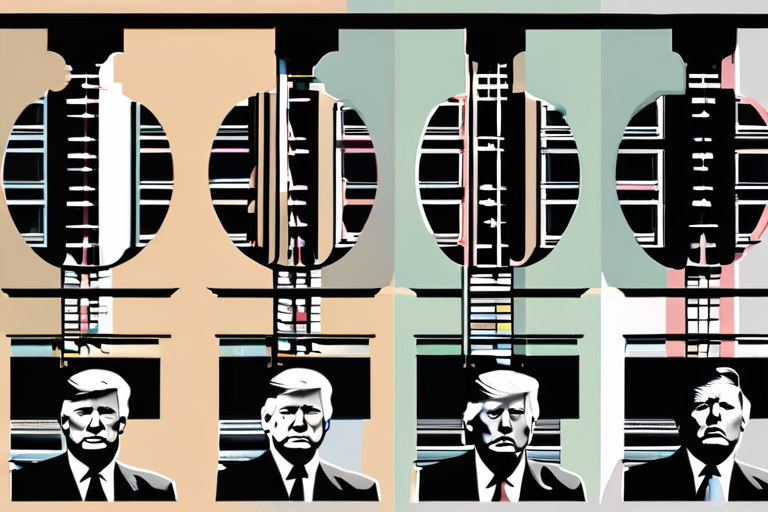
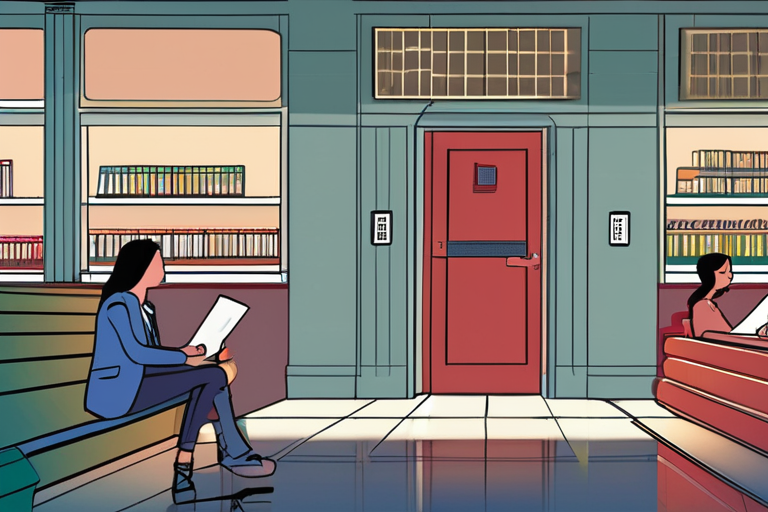

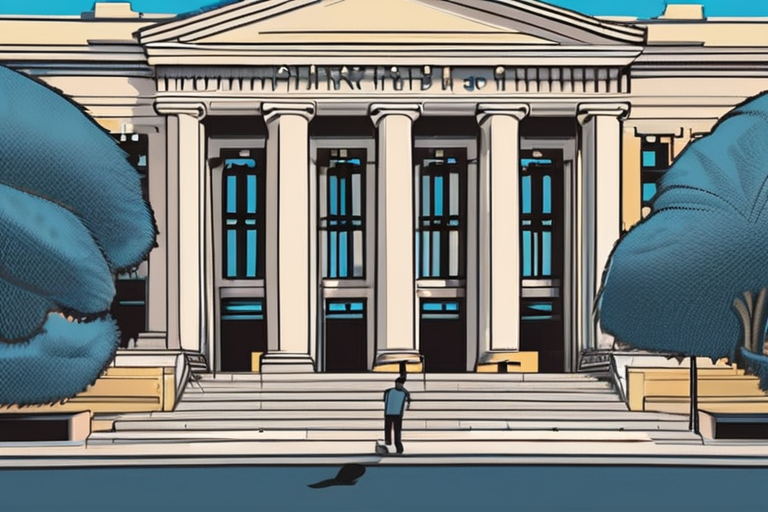



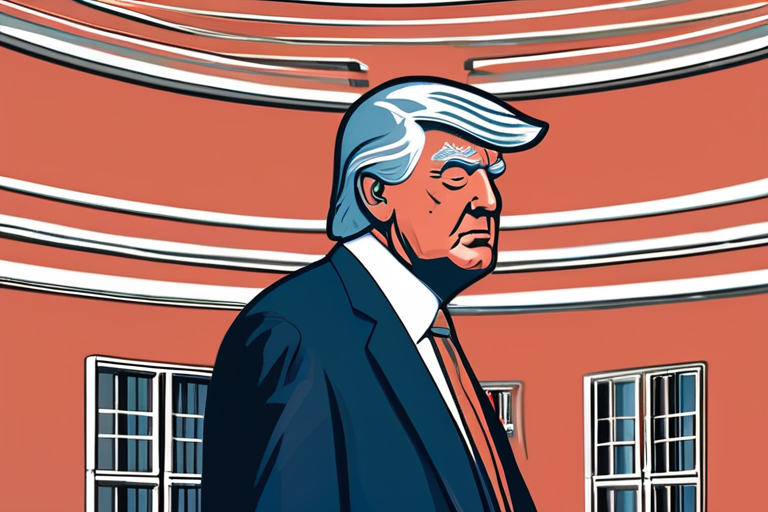



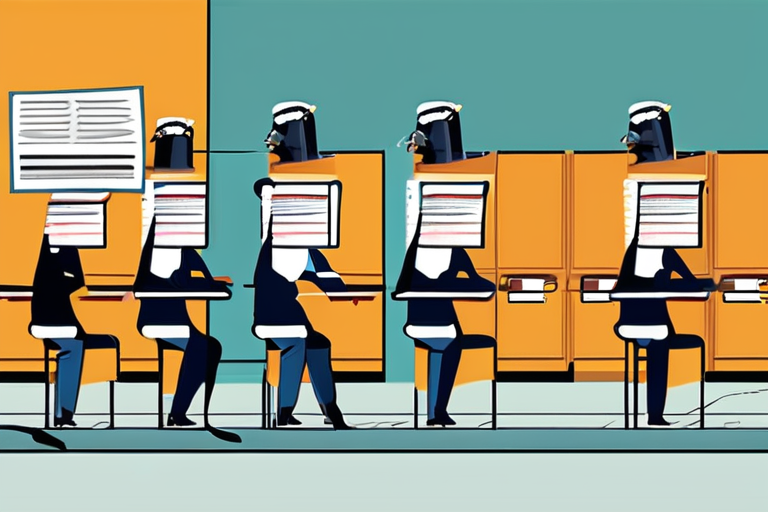
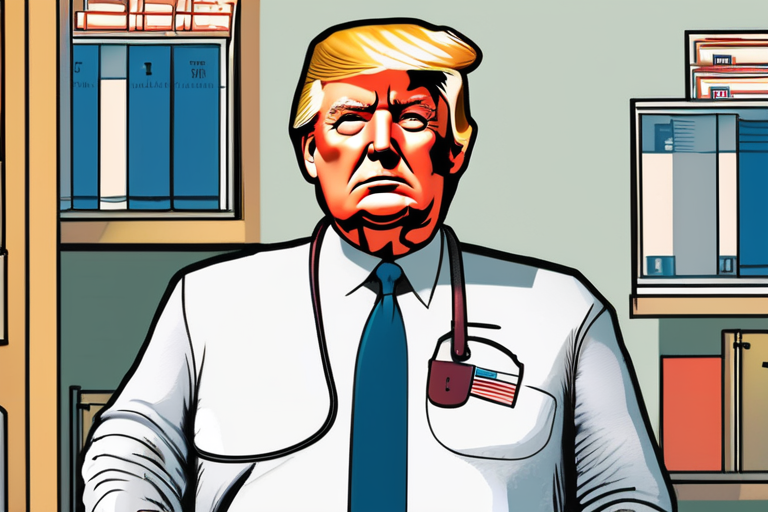


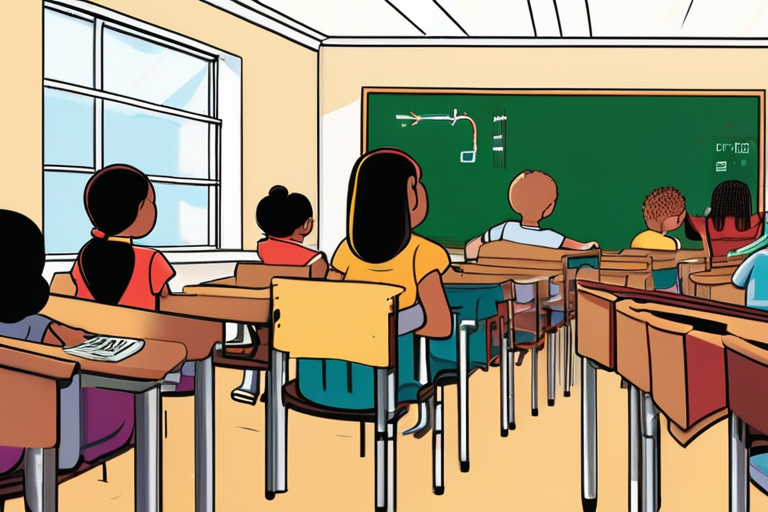

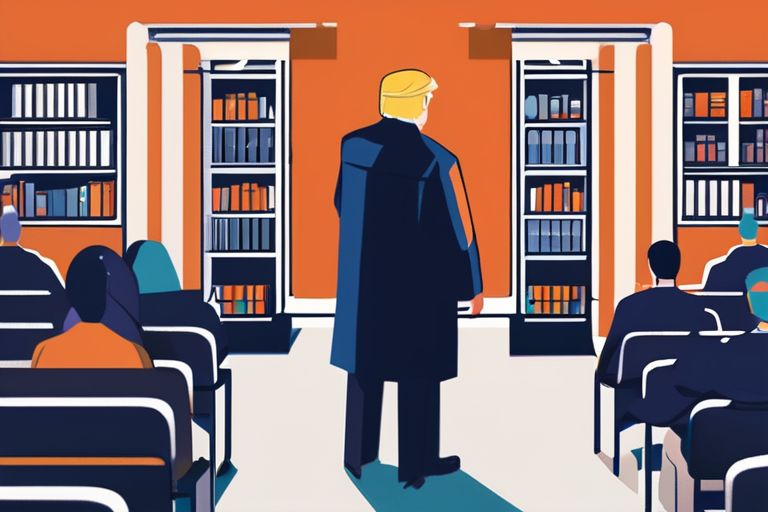
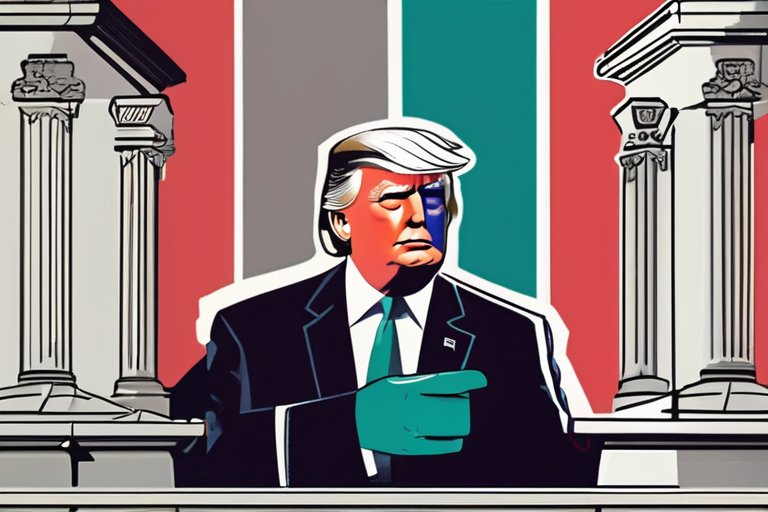



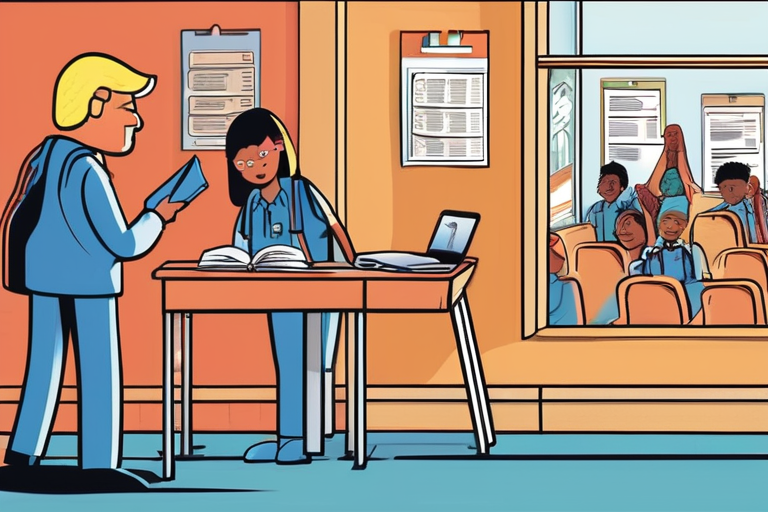
Share & Engage Share
Share this article